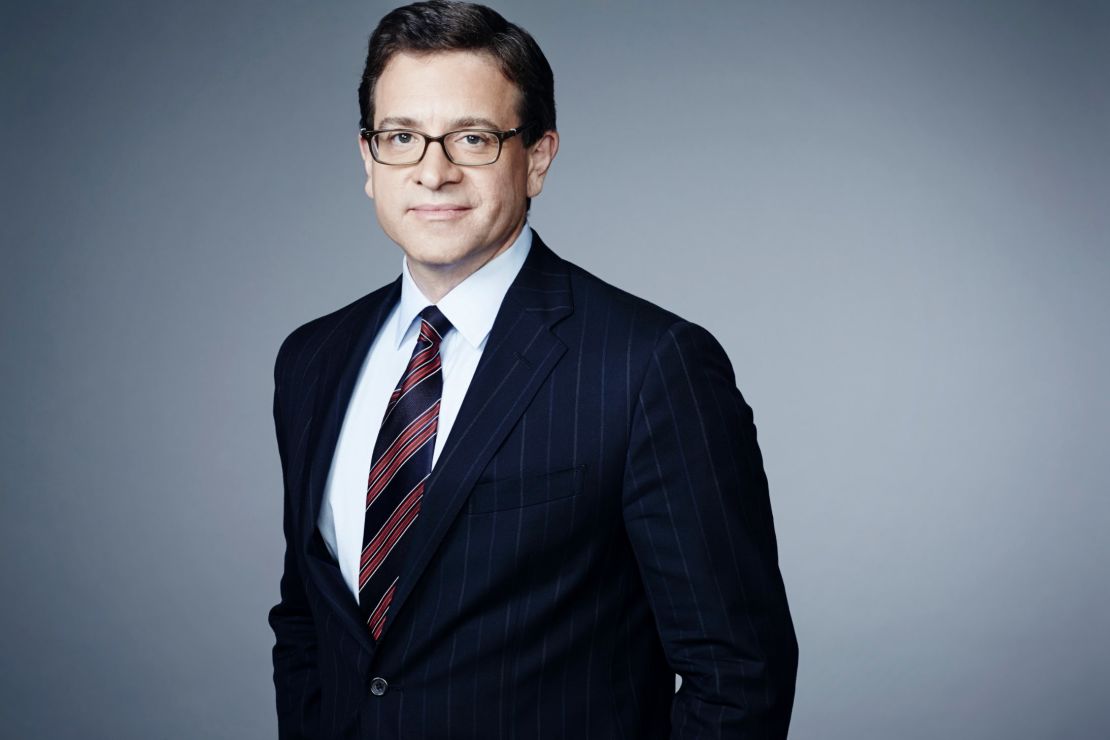Editor’s Note: Julian Zelizer is a professor of history and public affairs at Princeton University and a New America fellow. He is the author of “Jimmy Carter” and the forthcoming book, “The Fierce Urgency of Now: Lyndon Johnson, Congress and the Battle for the Great Society.” The opinions expressed in this commentary are solely those of the author.
Story highlights
Famed former Washington Post editor Ben Bradlee dies at 93
Julian Zelizer: Bradlee led Post at zenith of era of investigative journalism
Today, more and more people seek journalistic sources that reinforce their biases, he says
The death of famed Washington Post editor Ben Bradlee on Tuesday marks the symbolic end of an important era in American journalism, one that, unfortunately, was very different than our own.
Bradlee turned The Washington Post from a sleepy, second-rate publication into a powerhouse of investigative journalism. During the early 1970s, he was at the editorial helm when his reporters broke the Watergate scandal that led to President Richard Nixon’s resignation and were part of the group of journalists who published the Pentagon Papers.

Bradlee was a true believer in the power of journalism to expose the abuses and misuse of political power. He was devoted to a vision of the news media in American politics that took seriously the responsibility for the press to go wherever was necessary to keep politicians in check.
Bradlee wrote that, “I started looking for the truth after hearing the official version of a truth.” While Bradlee liked to sell a newspaper as much as anyone, the way he would do so would be through publishing the most hard-hitting stories possible.
That era of journalism has faded. Bradlee’s death came on the same day that Pew released a report showing how more and more Americans are just listening to like-minded sources of news.
Journalists react to ‘icon’ Ben Bradlee’s death
Journalism in this era is less about speaking truth to power than speaking to those who agree on a particular version of the truth. As Pew reported, “When it comes to getting news about politics and government, liberals and conservatives inhabit different worlds. There is little overlap in the news sources they turn to and trust.”
The business challenges facing much of the media have created immense pressure on news organizations, reporters and producers to cater to audiences that will enhance the bottom line rather than to produce work that will truly challenge the holders of political and economic power.
This certainly does not describe all the news media, as there are many great journalists and some terrific news outlets, but it has become an unfortunate trend. The zeal for investigation that Bradlee once nurtured has, for many, been eclipsed by the imperative to provide an ideological echo chamber.
Bradlee was far from perfect. As his biographers will recount, he made many mistakes in his career. In his zeal for the big story, he could be sloppy. He allowed the publication of a story about an 8-year-old heroin addict that won the Pulitzer Prize, but which turned out to be a hoax.
But Bradlee made a huge contribution to newspaper journalism when it was at its prime. He and his generation of editors and reporters helped to show how the media could be an indispensable watchdog in our political system.
Bradlee’s death should serve as a reminder of the kind of news to which we all need to aspire.
Read CNNOpinion’s new Flipboard magazine





















